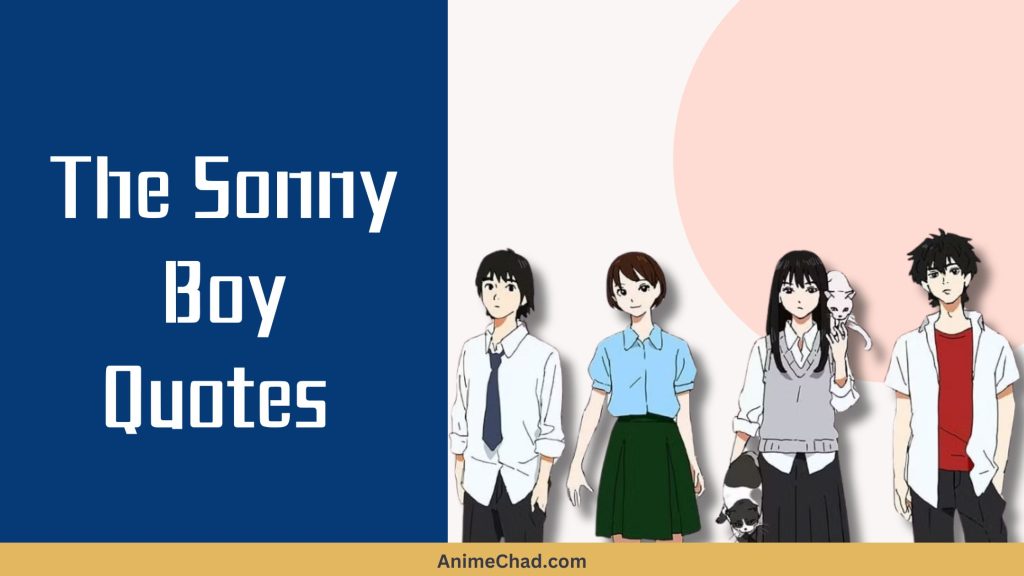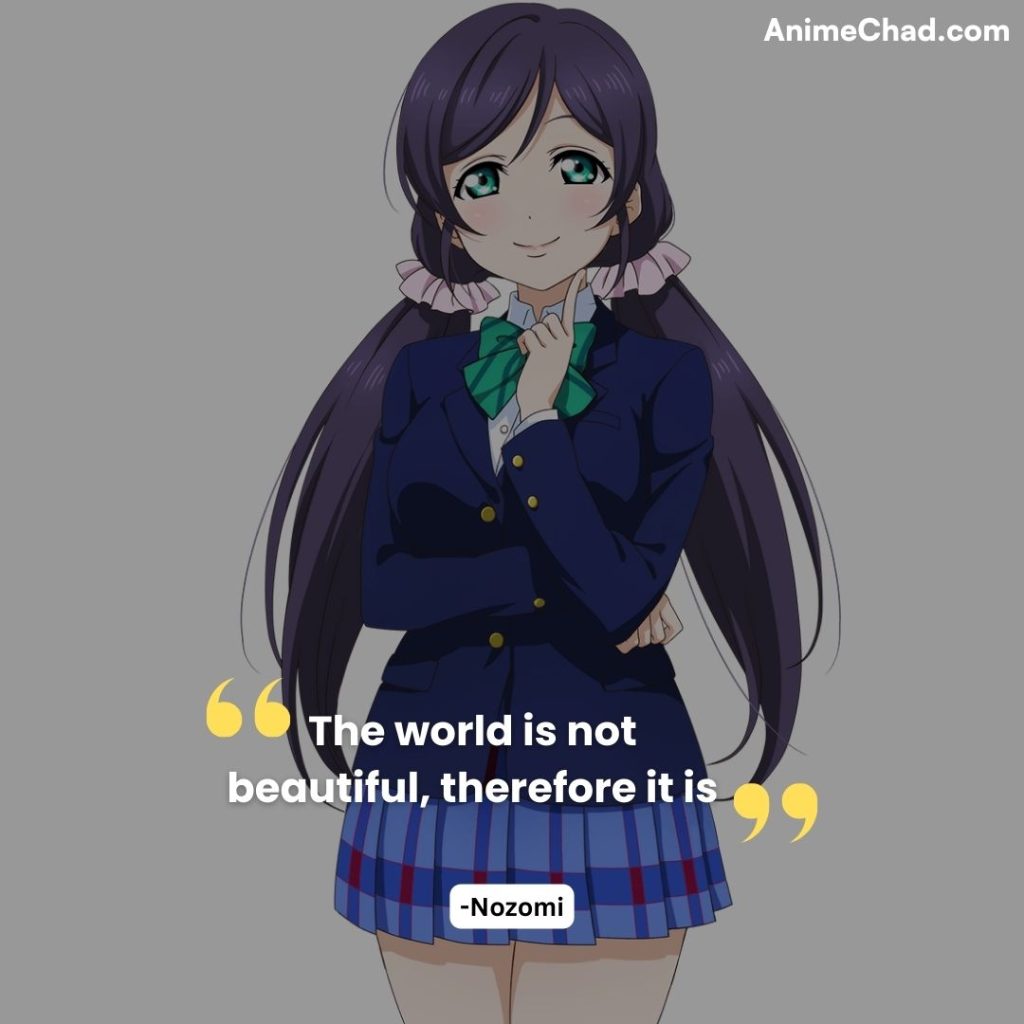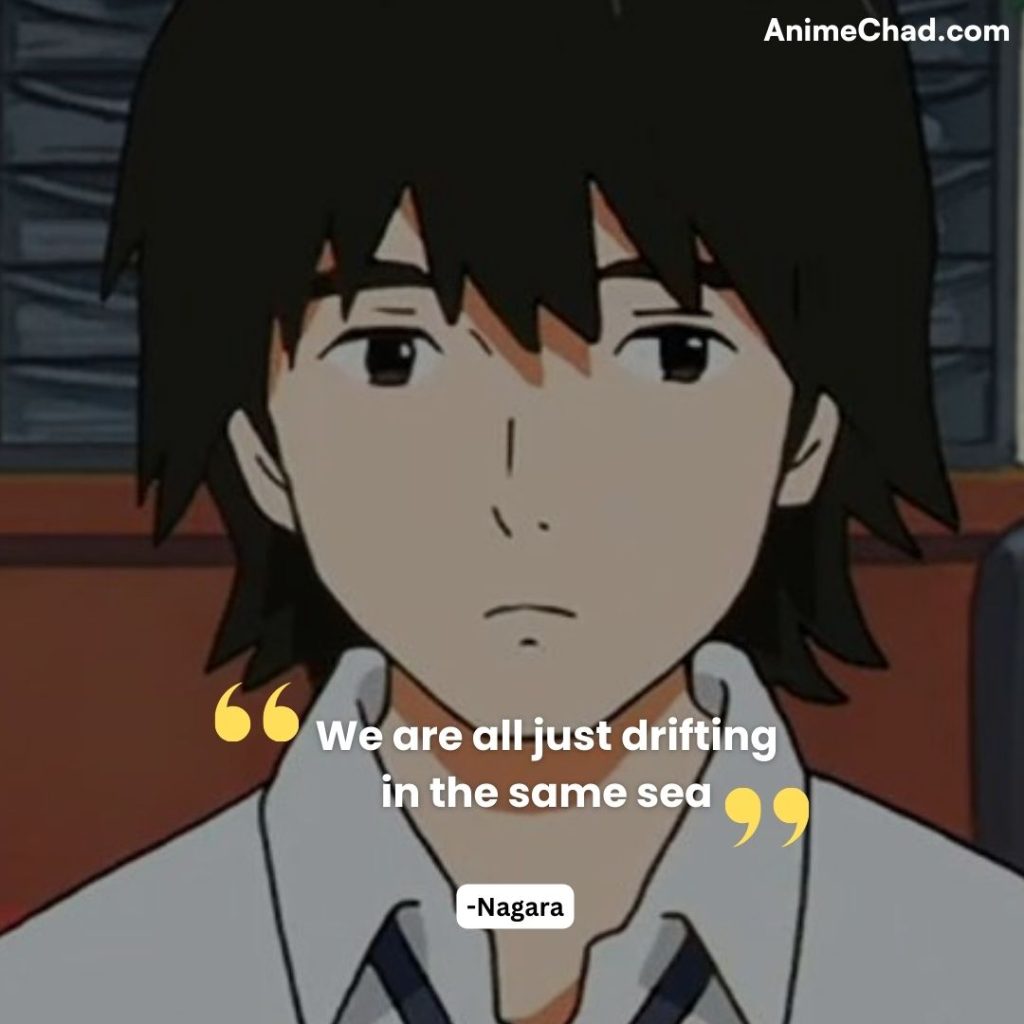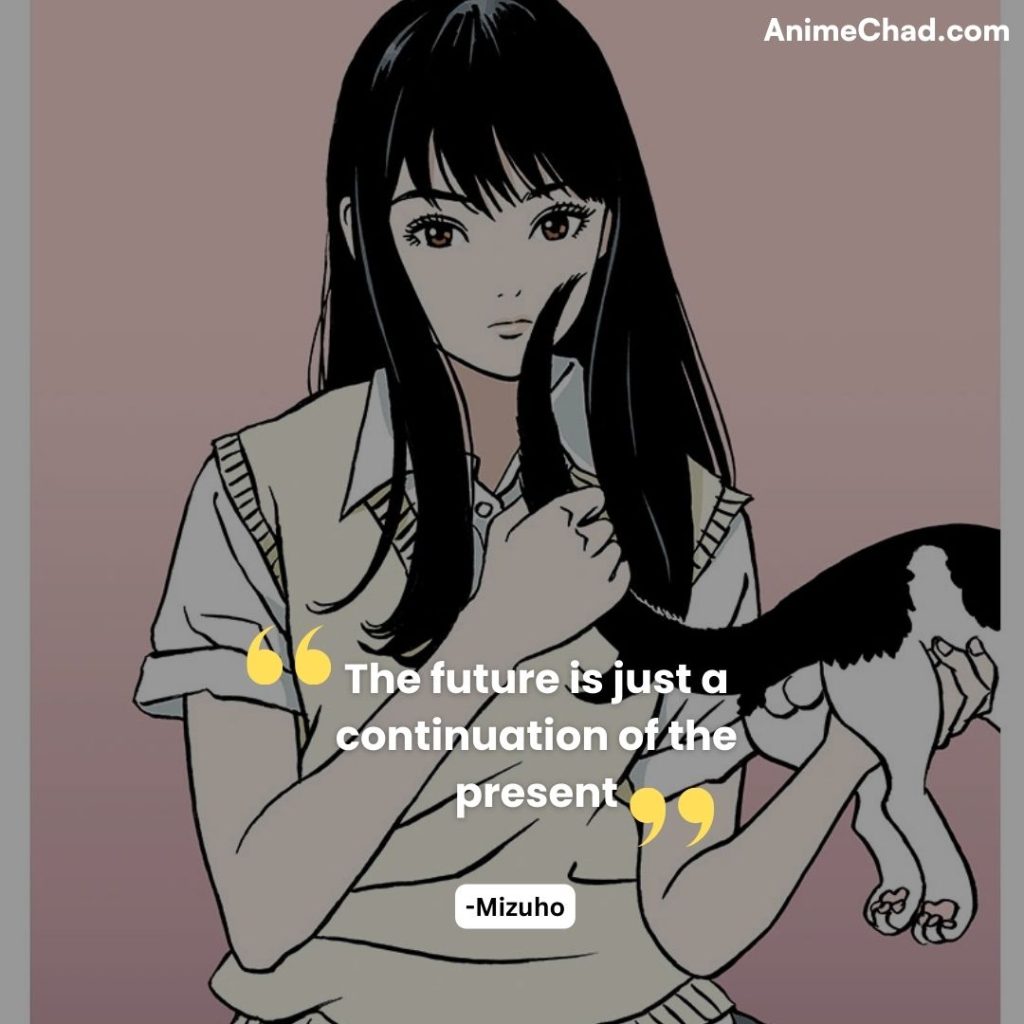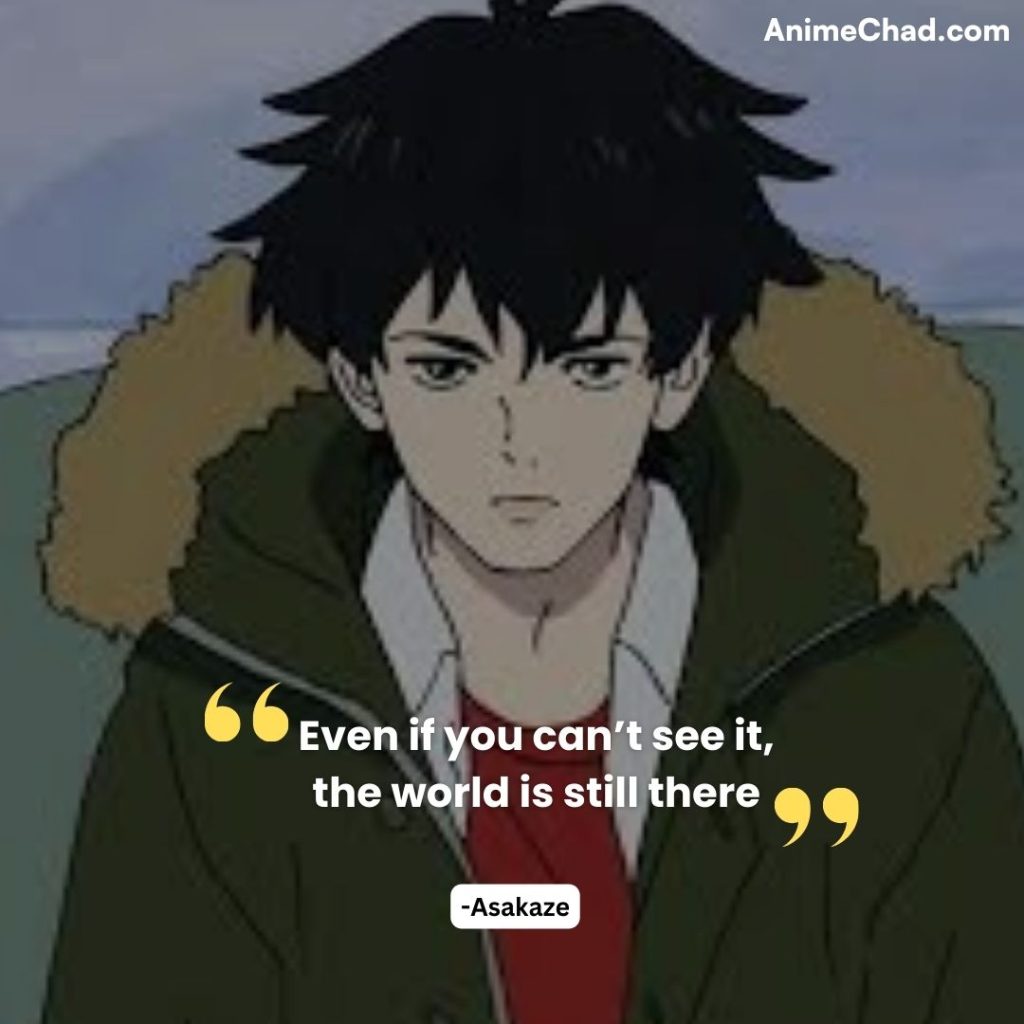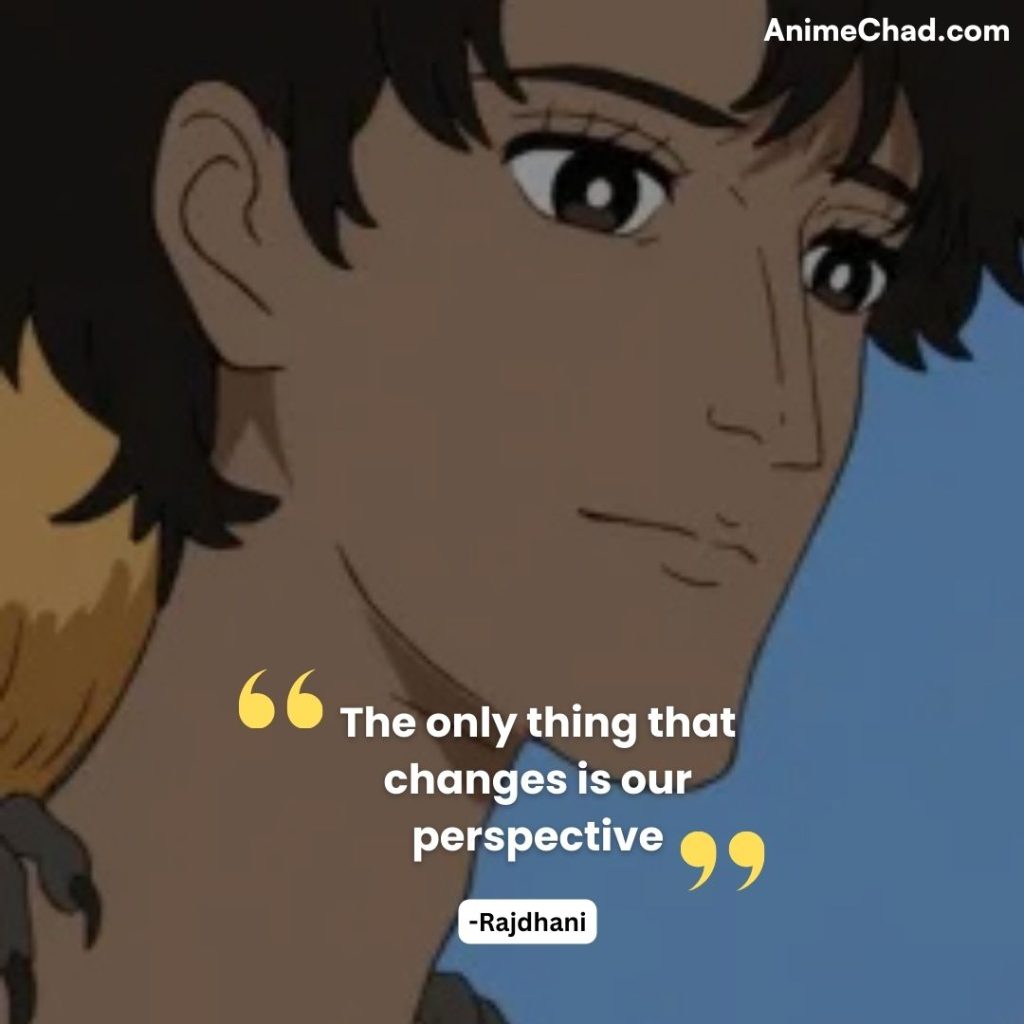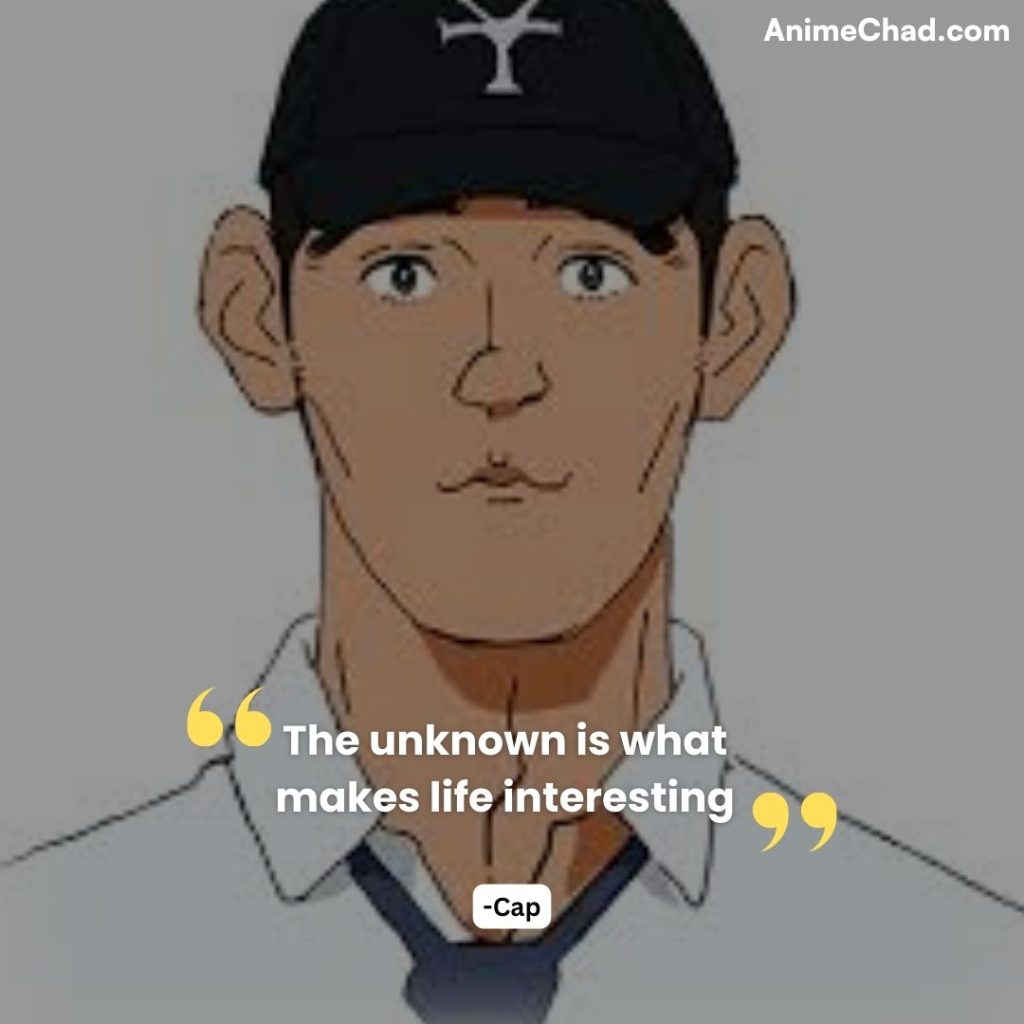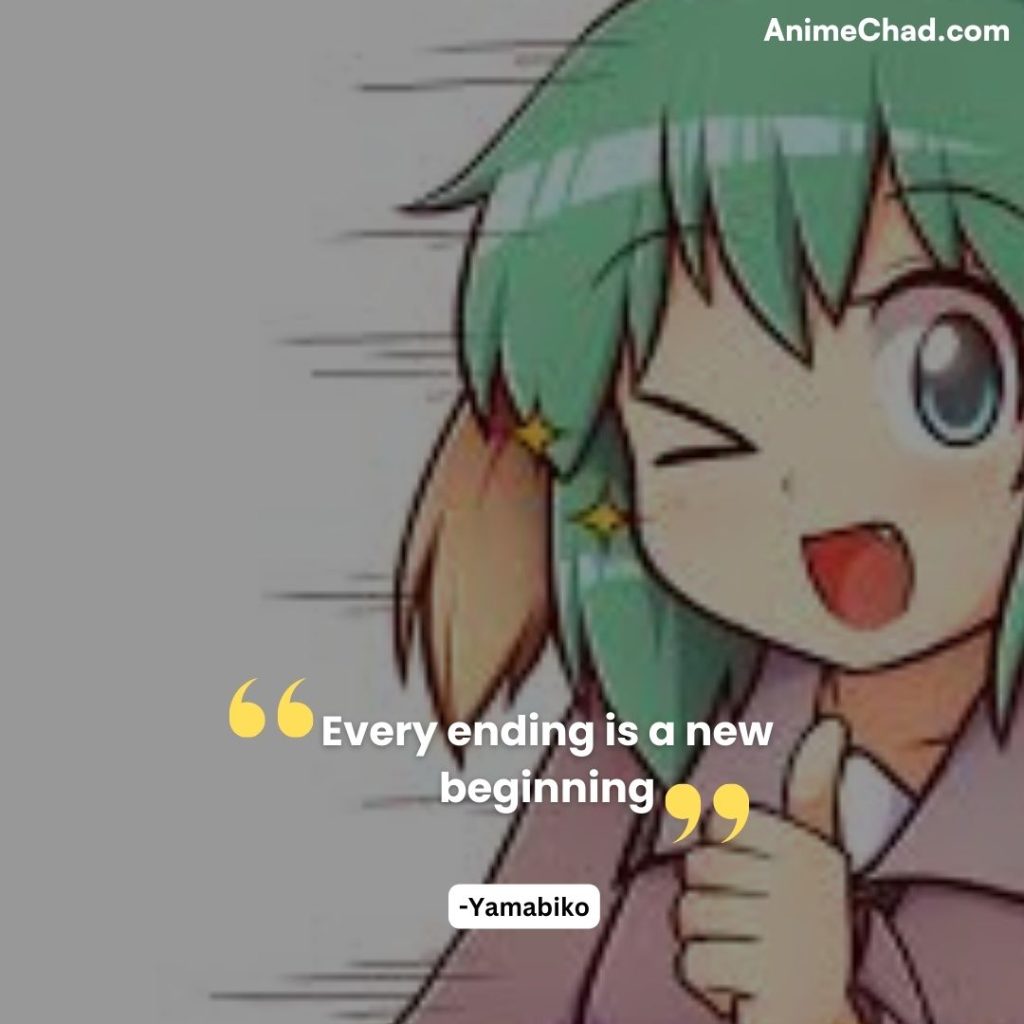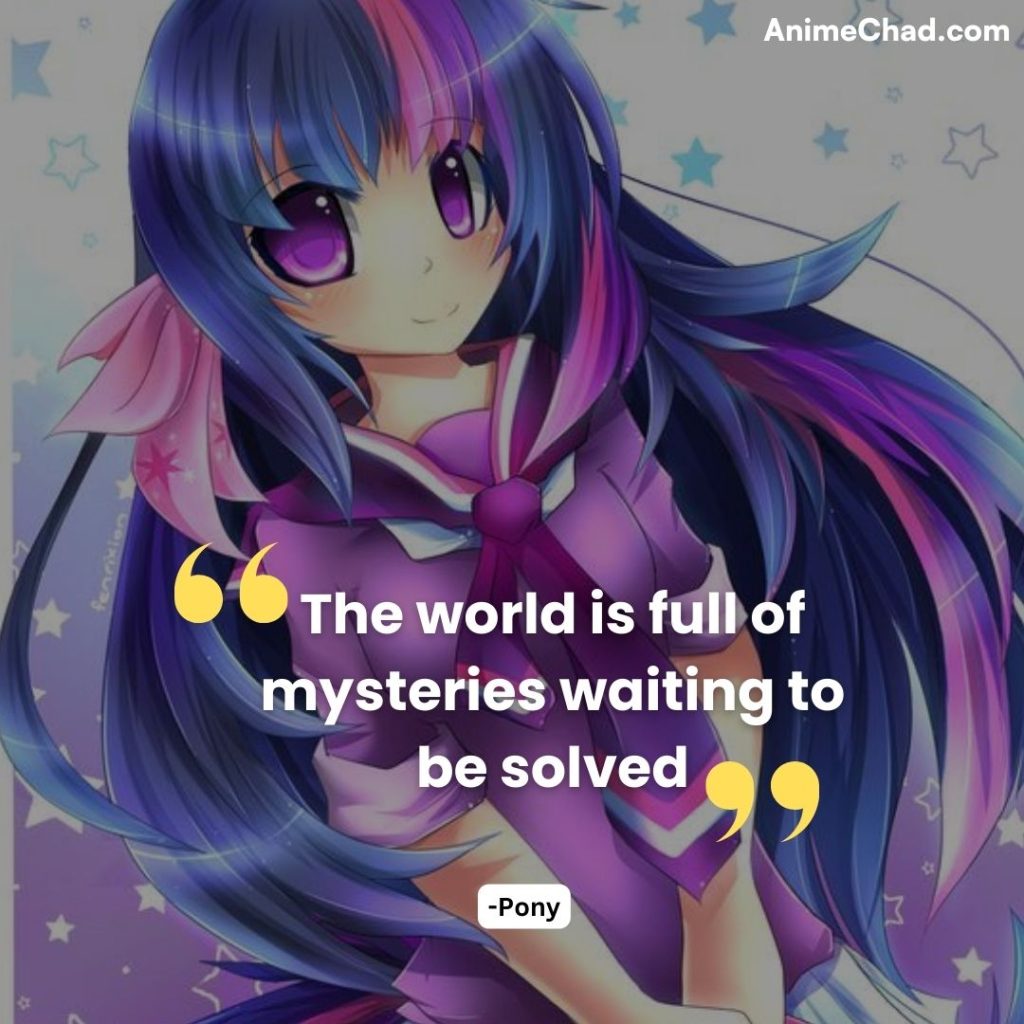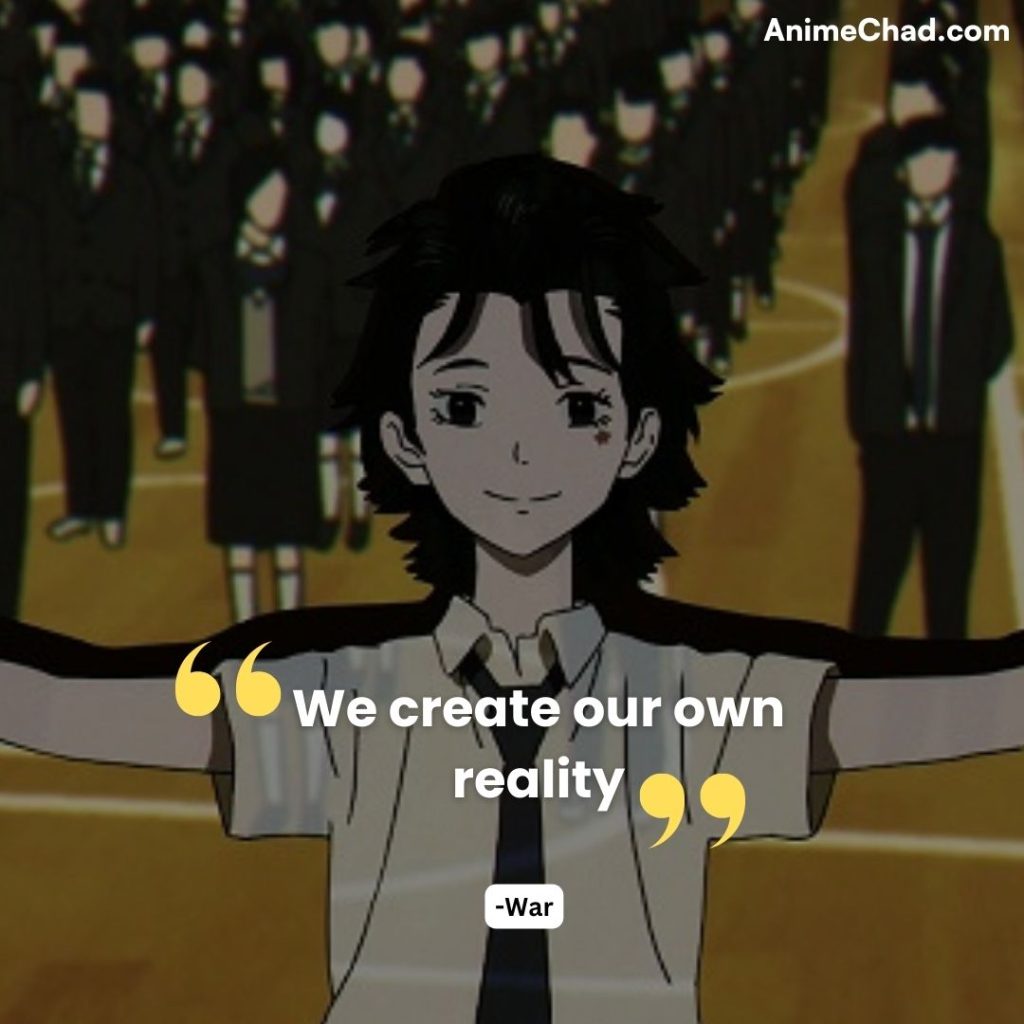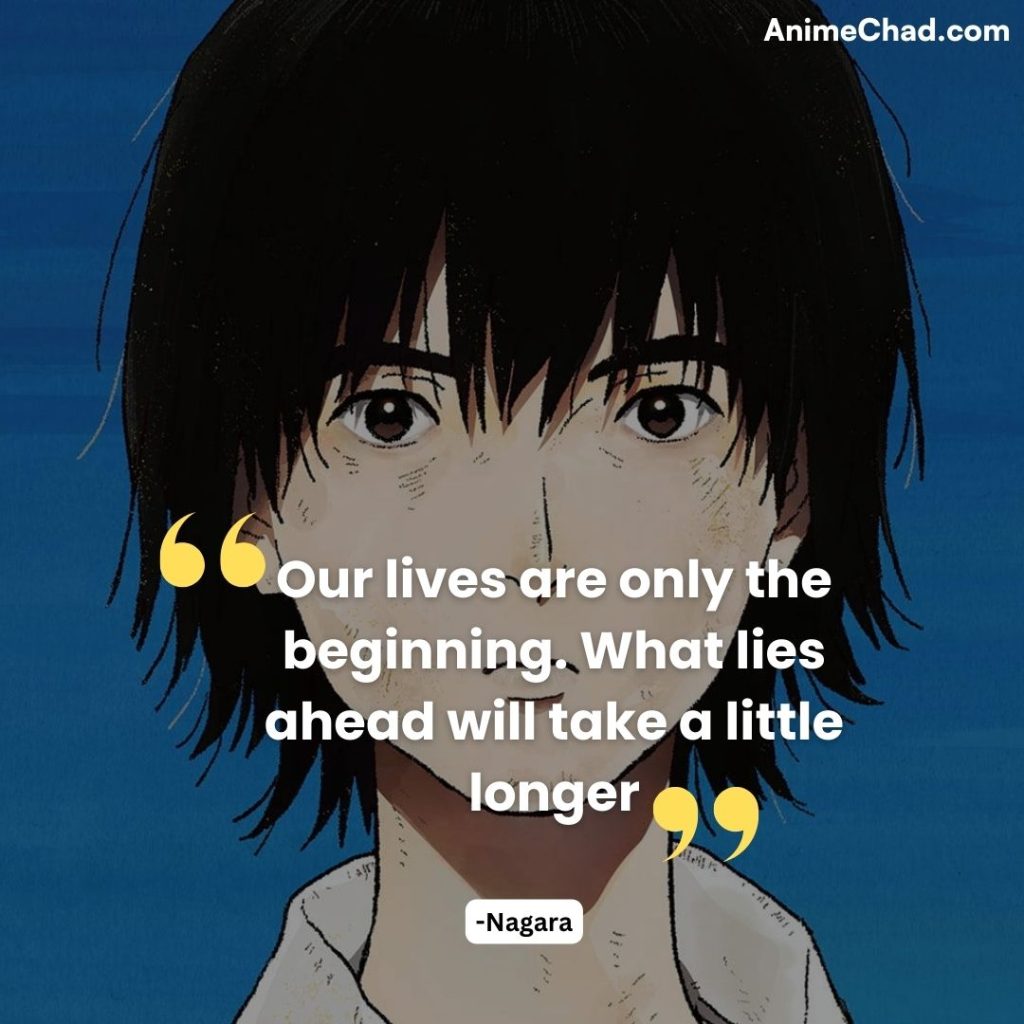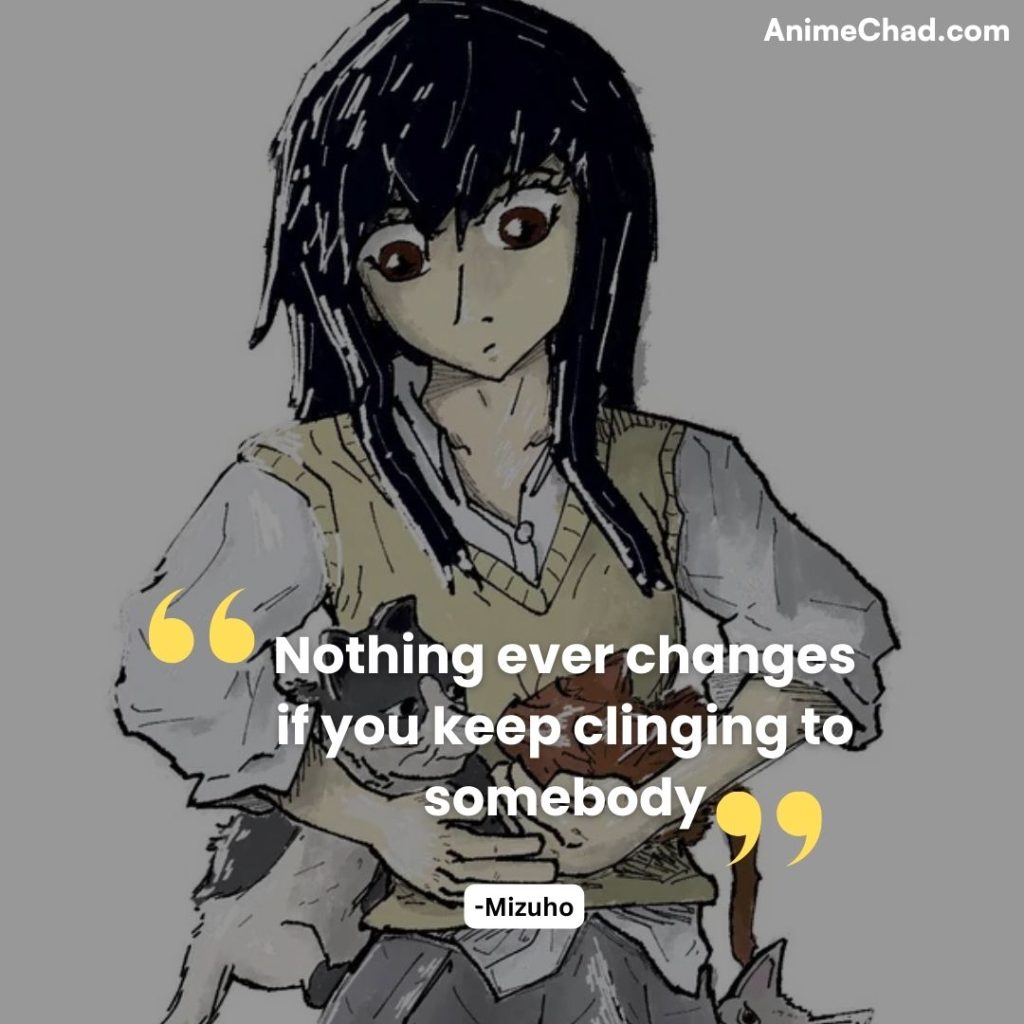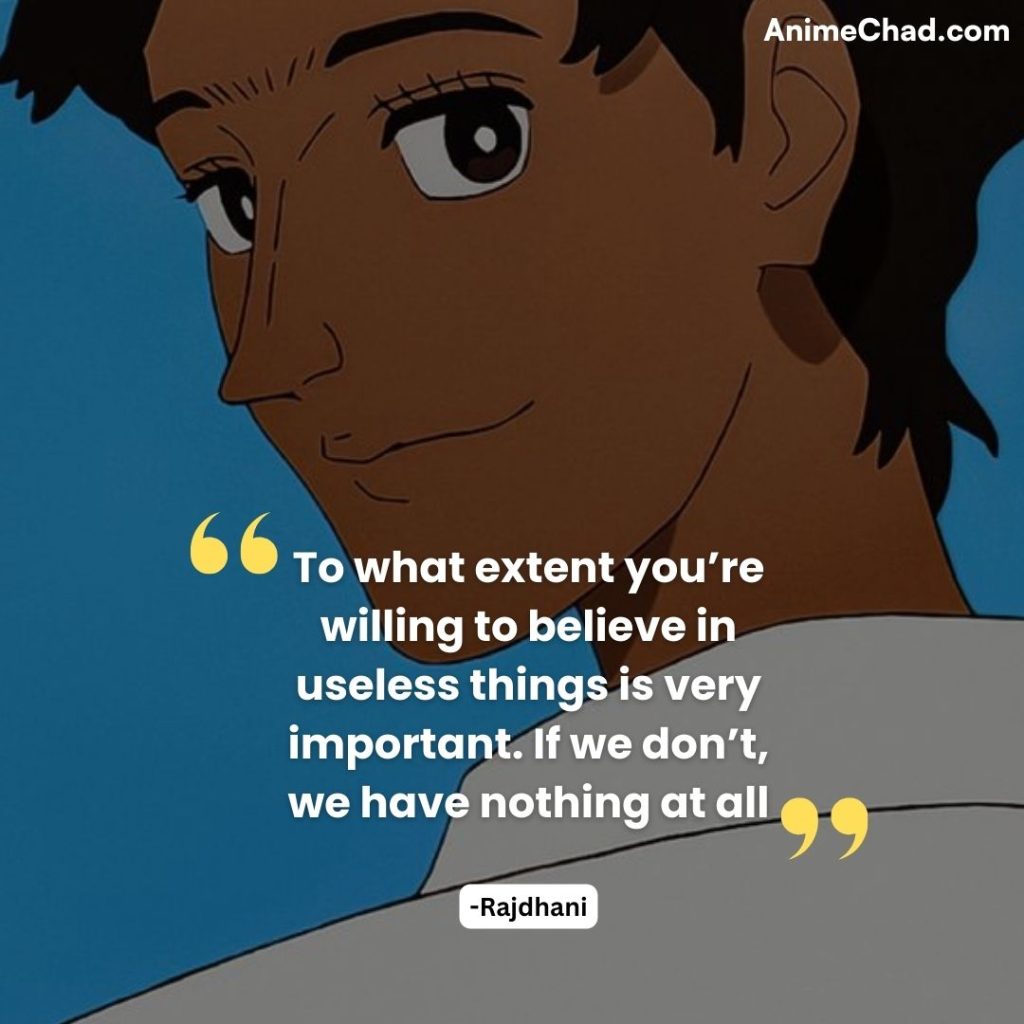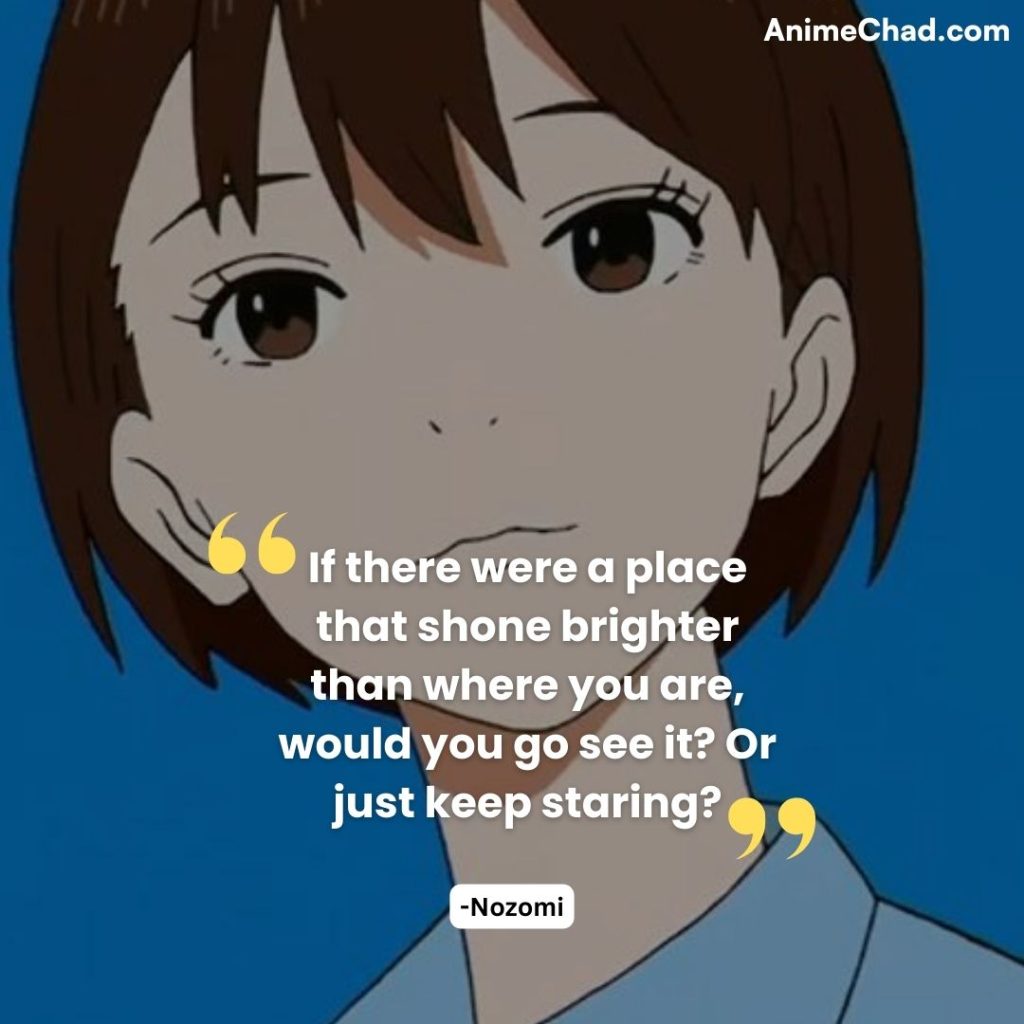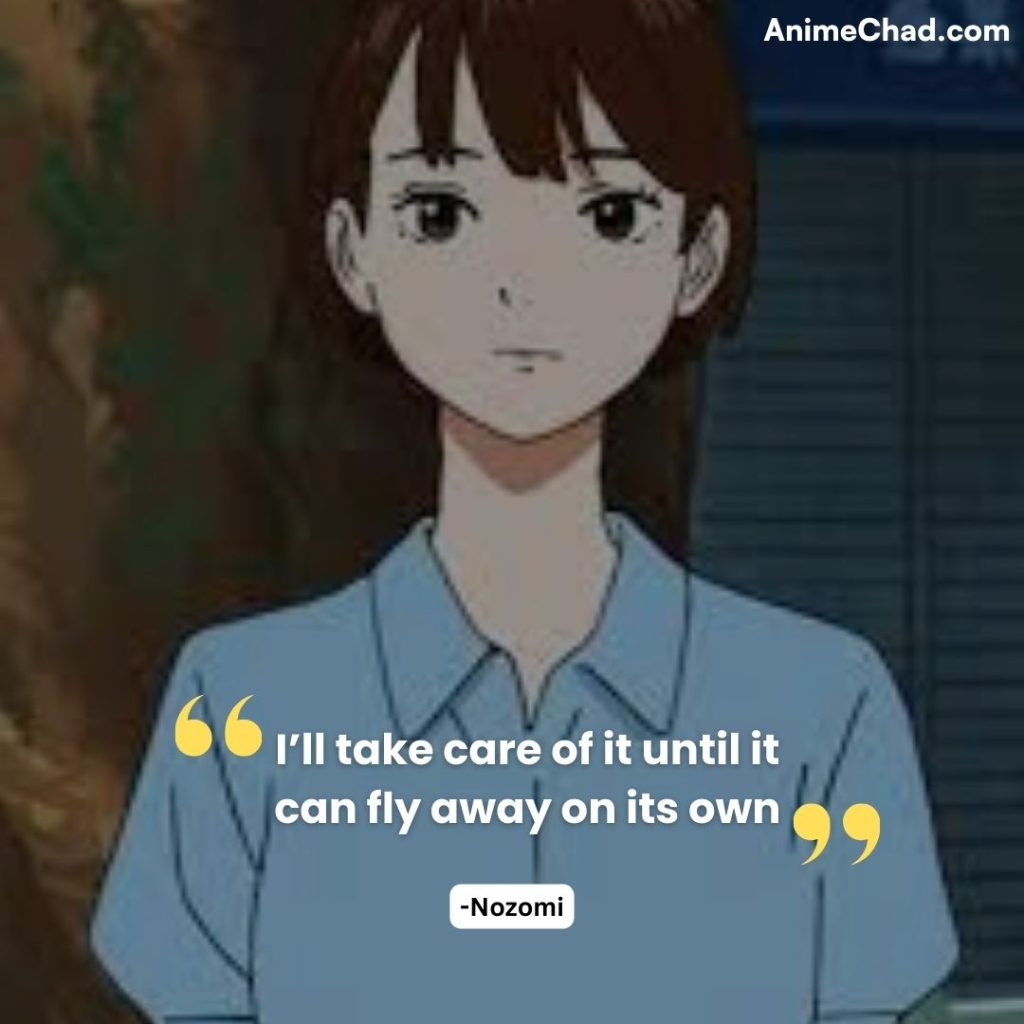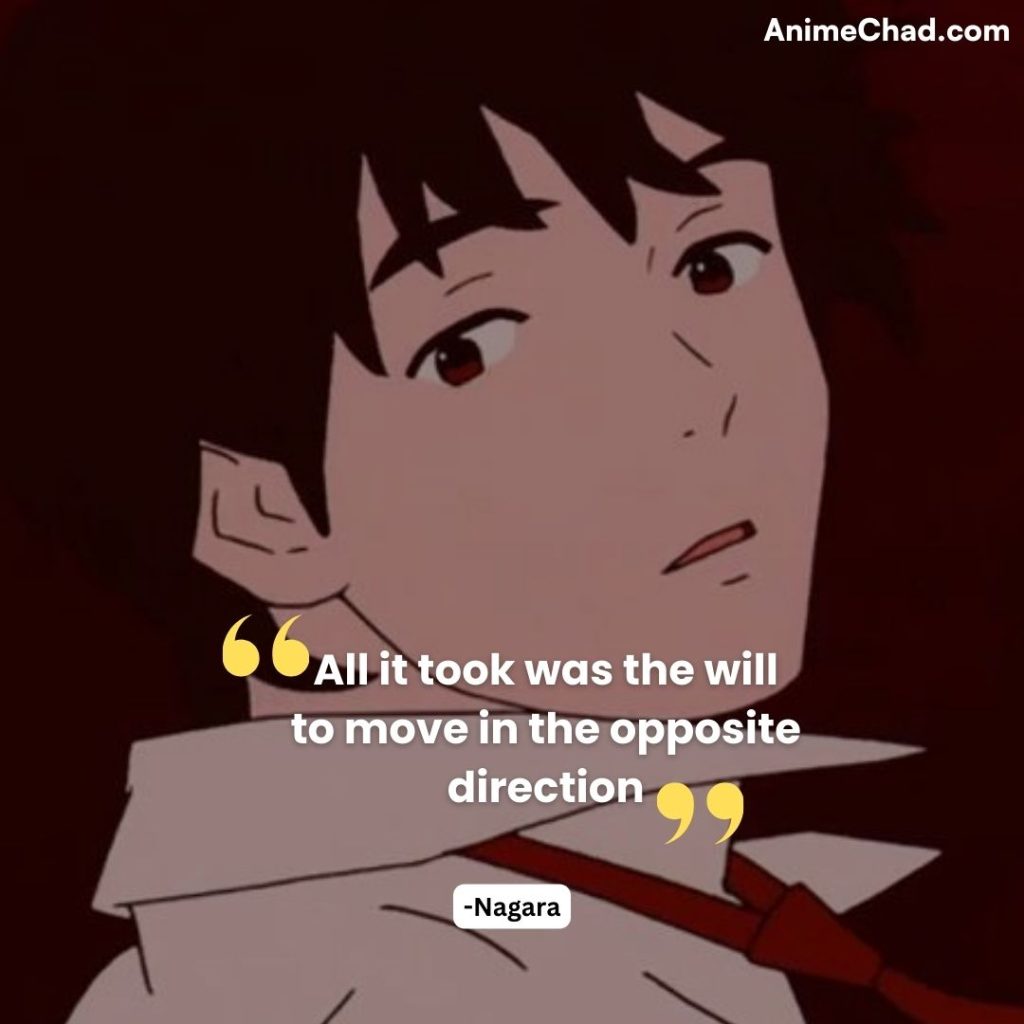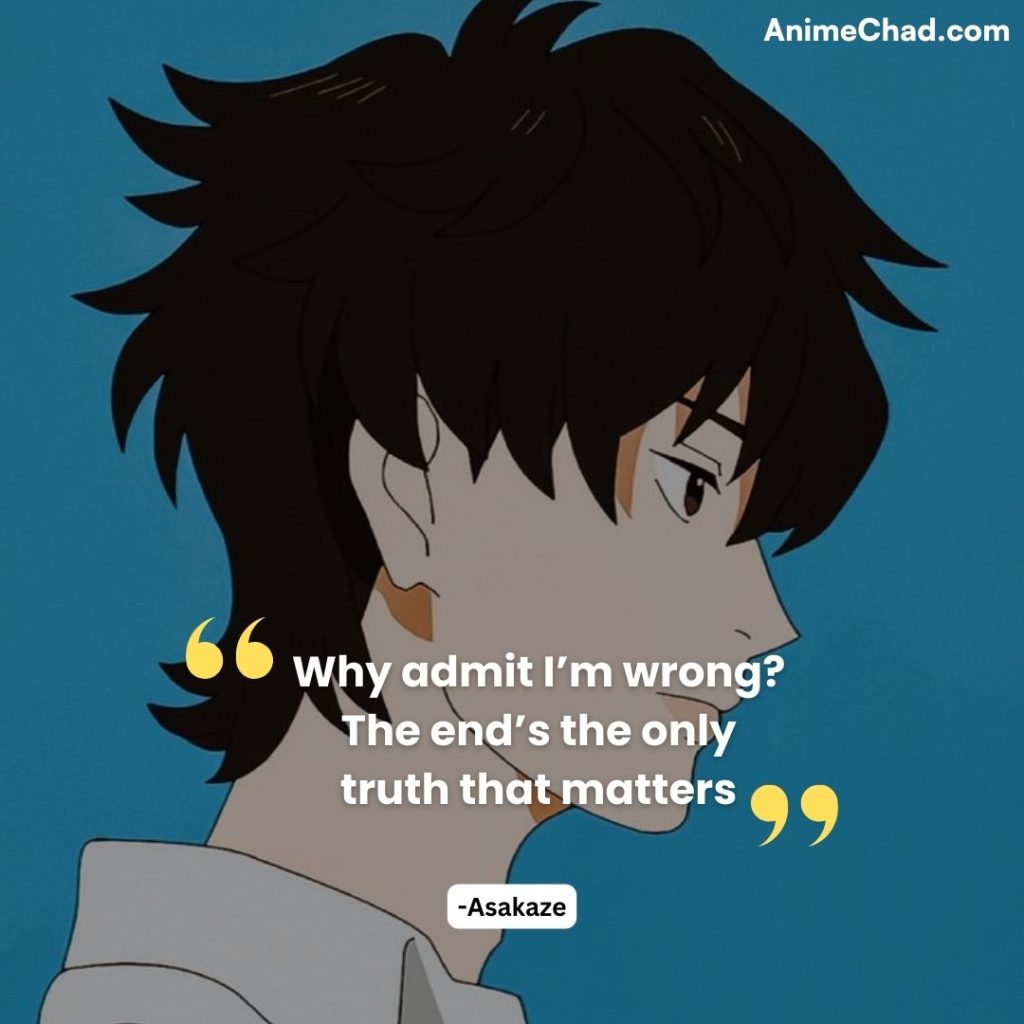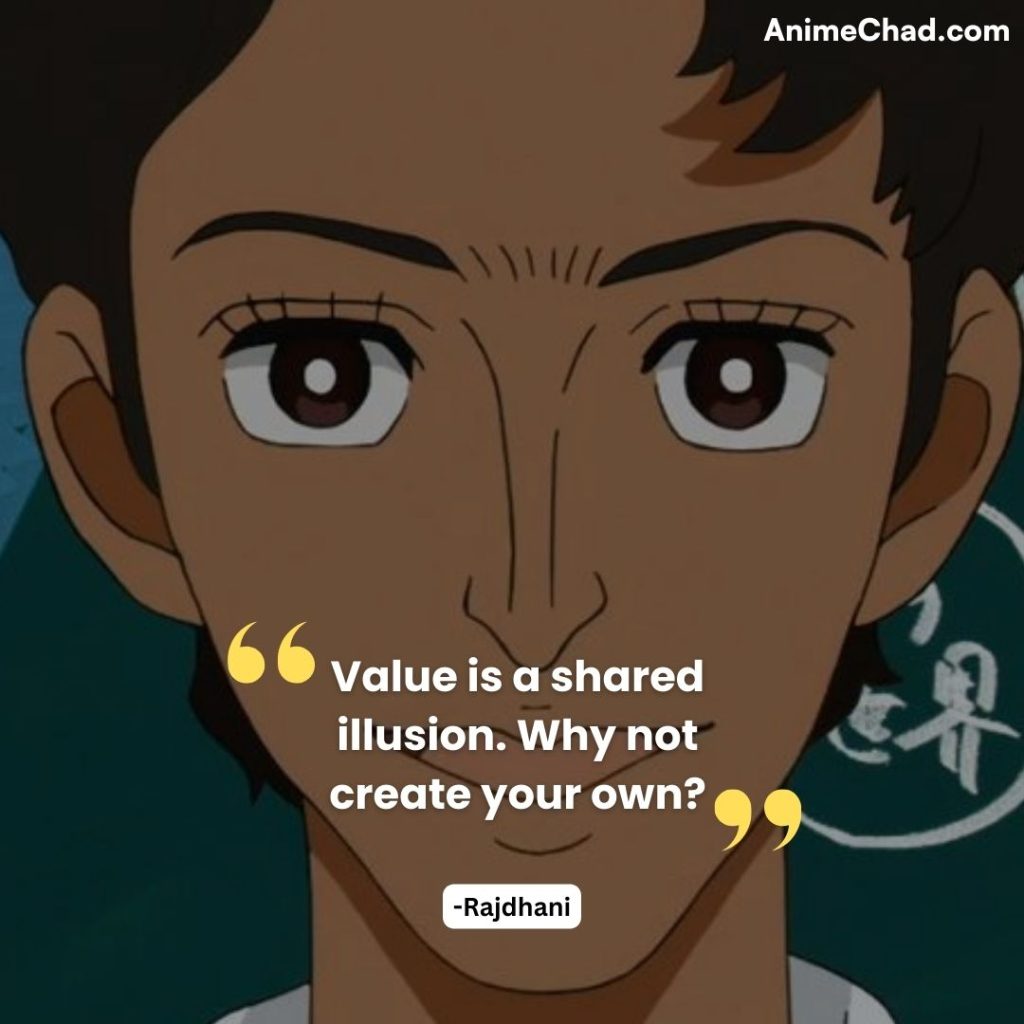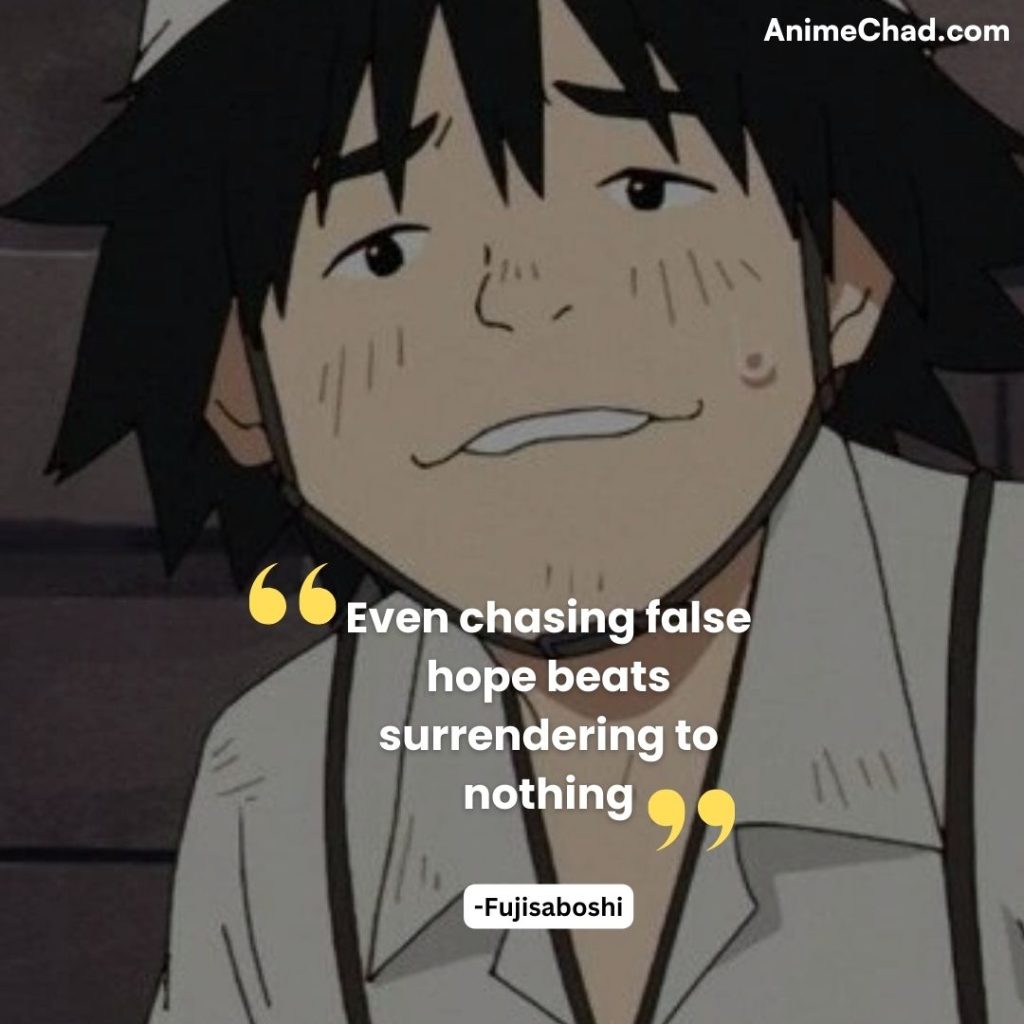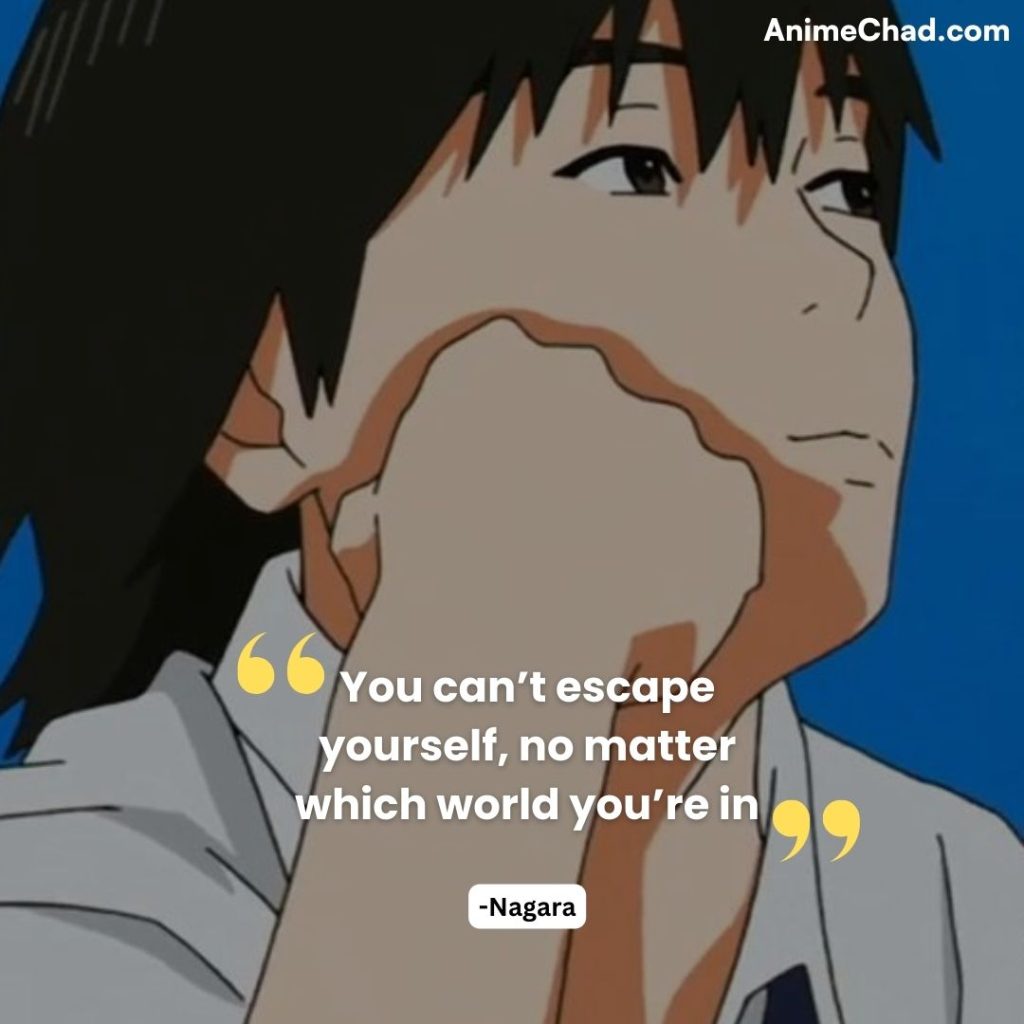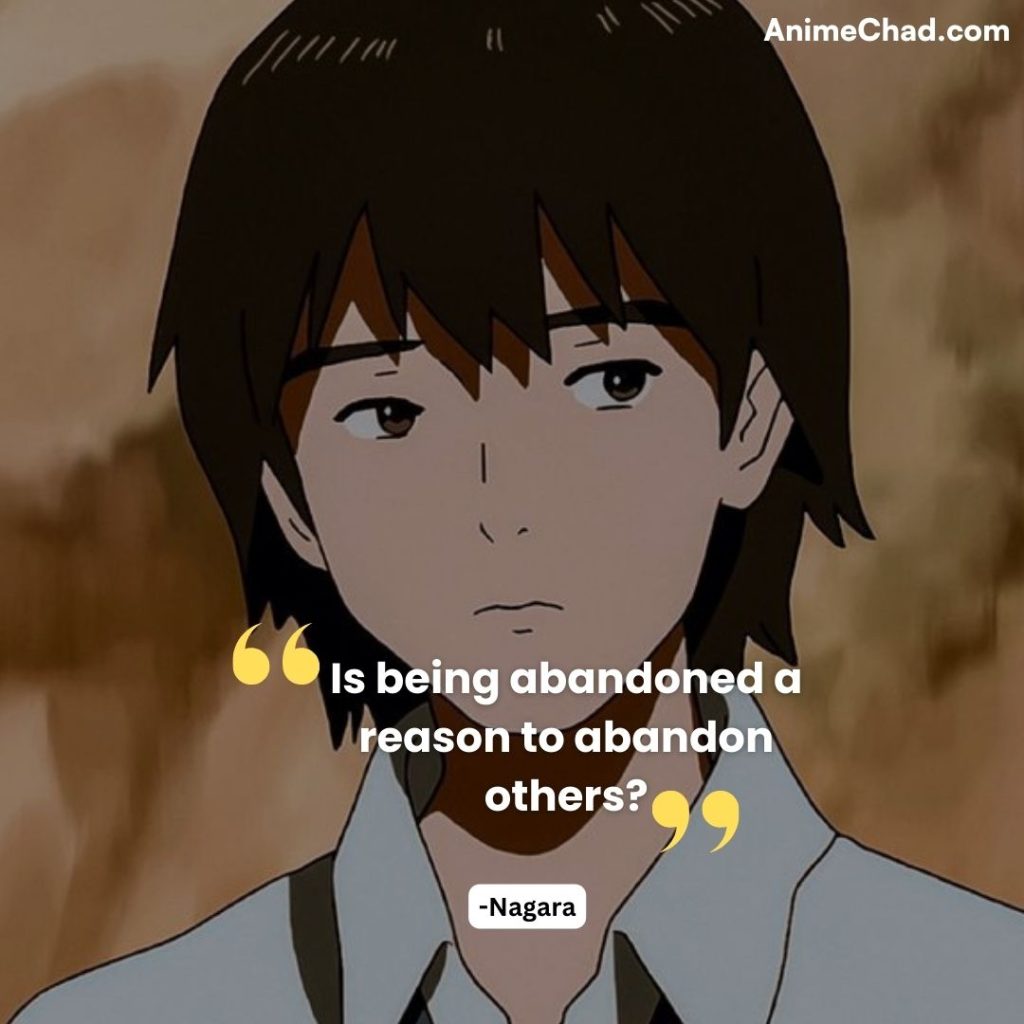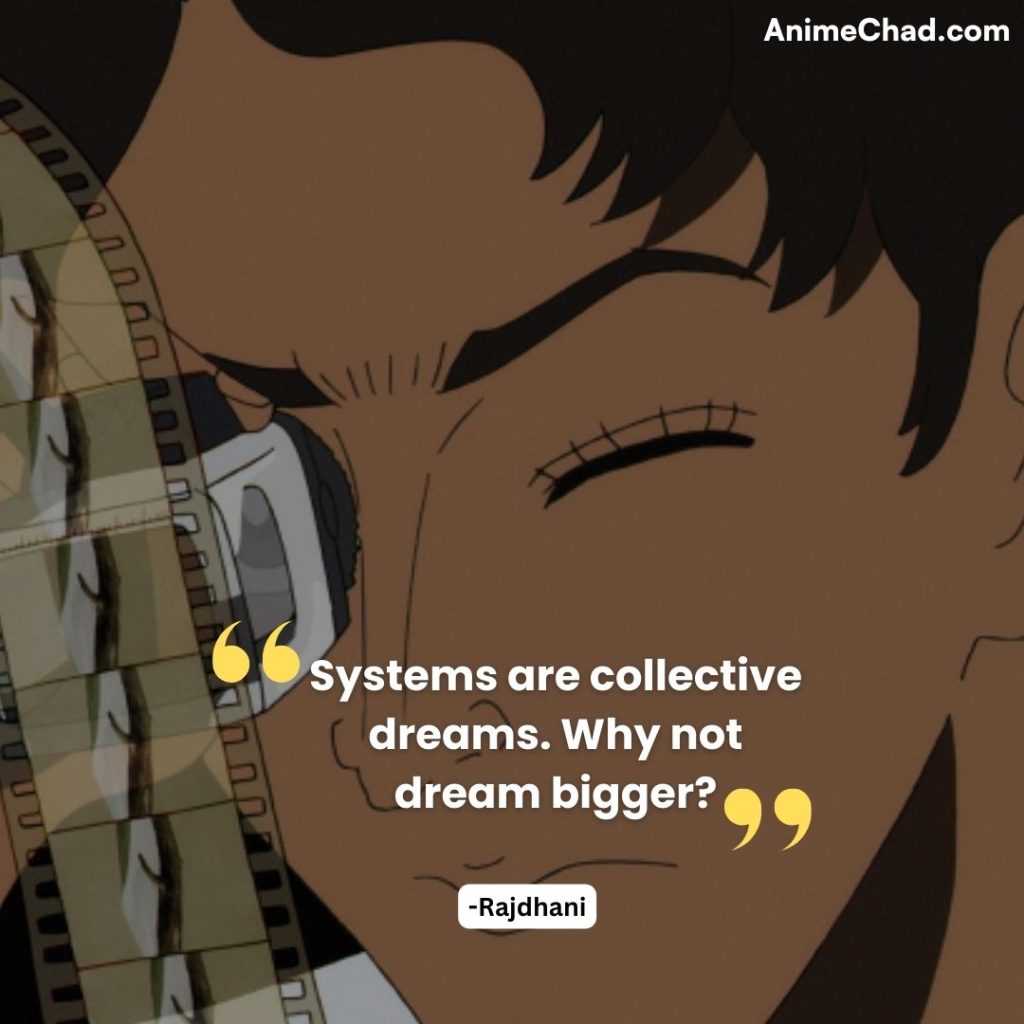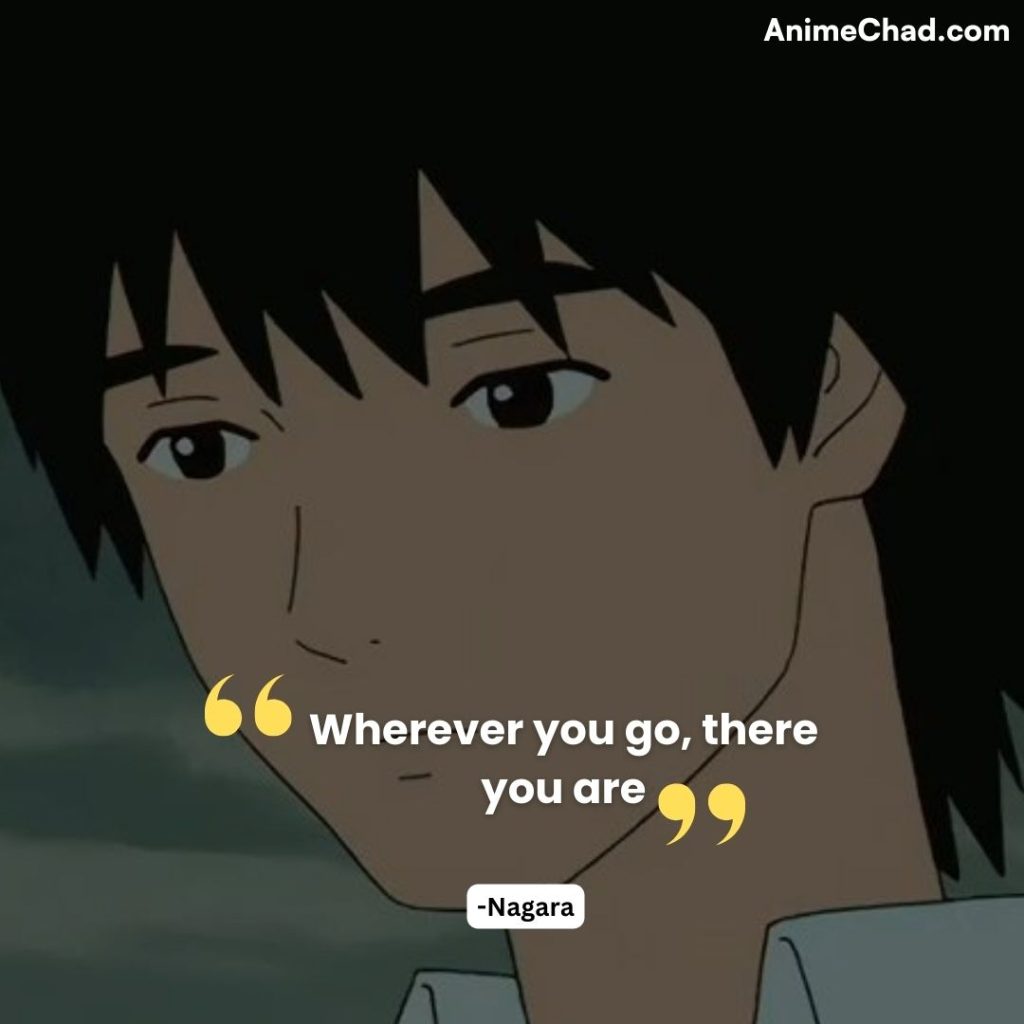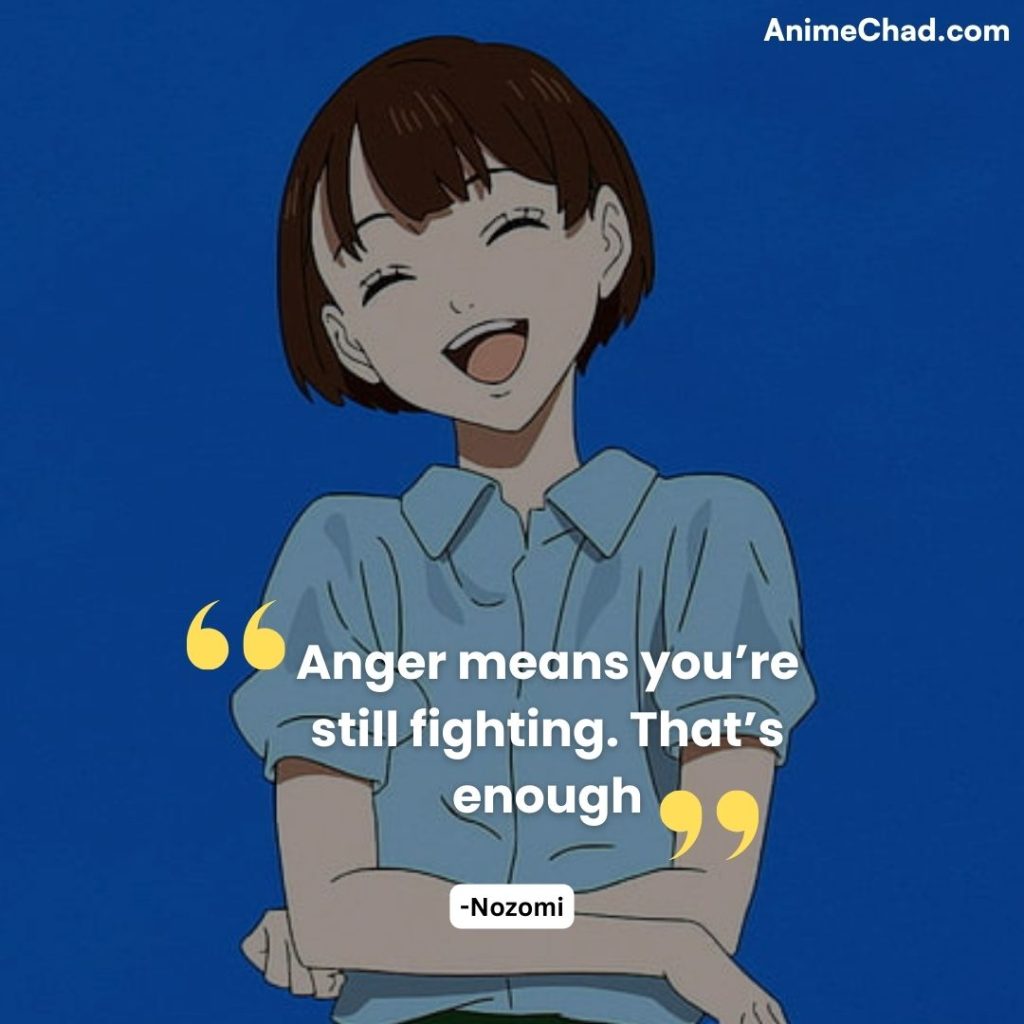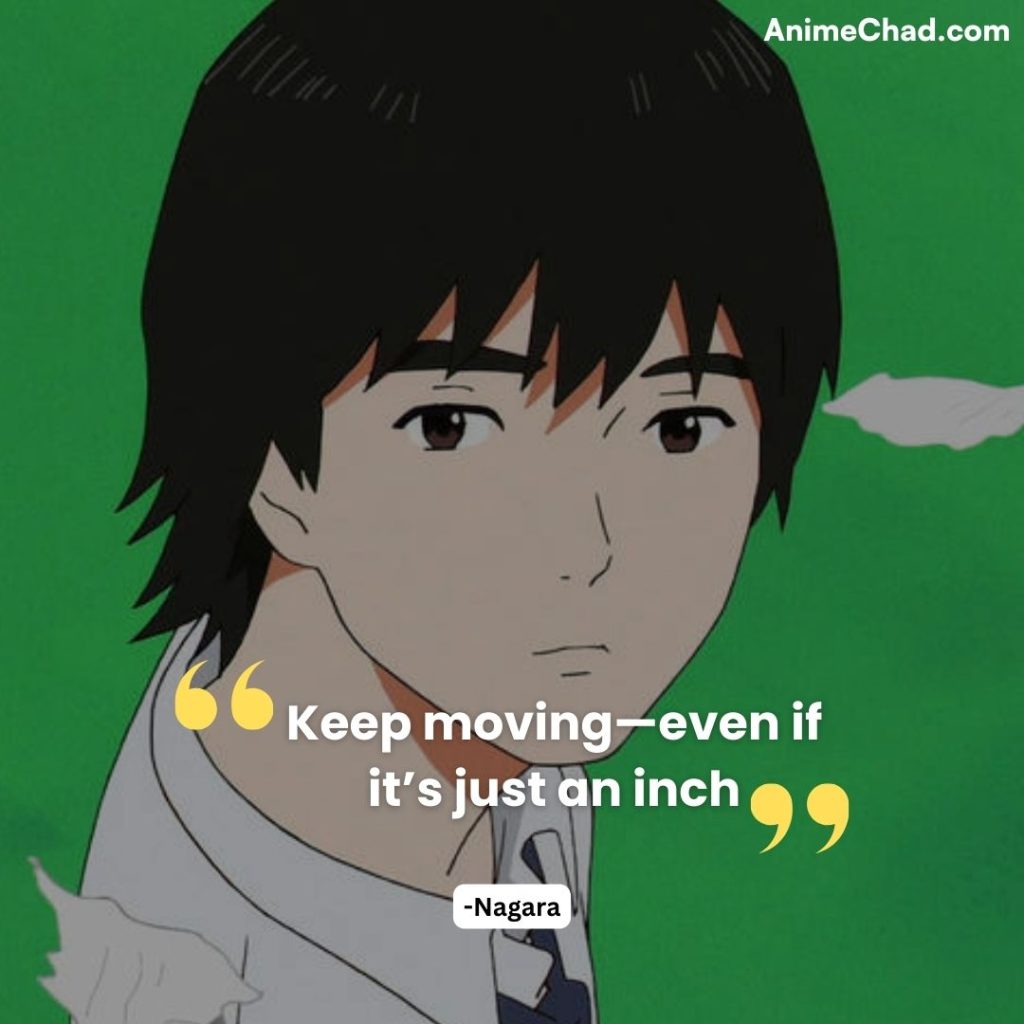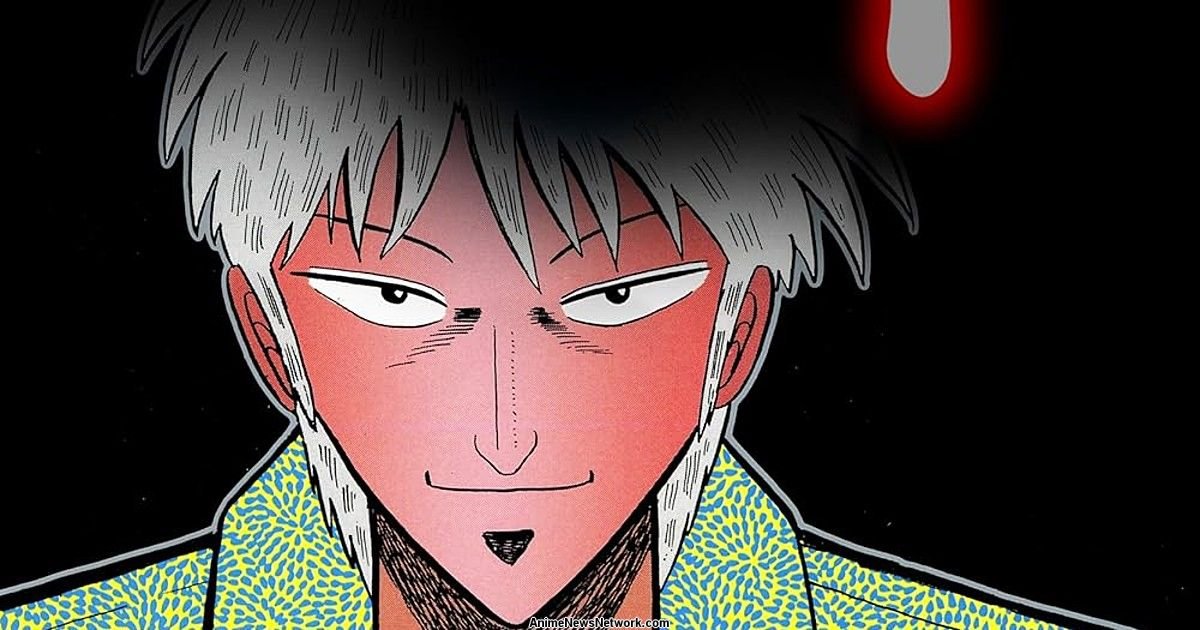Sonny Boy follows Nagara and his classmates as they drift through surreal dimensions after being mysteriously transported from their school.
The series interrogates existential themes like identity, purpose, and the struggle to find meaning in an absurd universe.
This curated list captures quotes that distil the show’s philosophical depth and emotional resonance.
The world is not beautiful, therefore it is
Episode 5 (The Cat’s Away)
Speaker: Nozomi
Context: Reflects on embracing imperfection, highlighting beauty in chaos and existential acceptance.
We are all just drifting in the same sea
Episode 12 (Let’s Go Now, On the Night of the Meteor)
Speaker: Nagara
Context: Nagara’s metaphor for collective uncertainty, emphasizing shared existential struggles.
The future is just a continuation of the present
Episode 8 (The War of the Dubs)
Speaker: Mizuho
Context: Mizuho’s realization about time’s fluidity and the weight of choices.
Even if you can’t see it, the world is still there
Episode 3 (The Cat’s Cradle)
Speaker: Asakaze
Context: Asakaze’s acknowledgment of unseen realities, challenging nihilism.
The only thing that changes is our perspective
Episode 10 (The Season of Endless Rain)
Speaker: Rajdhani
Context: Rajdhani critiques rigid truths, advocating self-defined meaning.
We are the sum of our choices
Episode 7 (The Tower of Babel)
Speaker: Hoshi
Context: Hoshi’s emphasis on agency amid deterministic forces.
The unknown is what makes life interesting
Episode 9 (The War of the Dubs, Part 2)
Speaker: Cap
Context: Celebrates curiosity as resistance against existential dread.
Every ending is a new beginning
Episode 12 (Let’s Go Now, On the Night of the Meteor)
Speaker: Yamabiko
Context: Yamabiko’s cyclical view of existence, merging hope and futility.
The world is full of mysteries waiting to be solved
Episode 6 (The Road to Nowhere)
Speaker: Pony
Context: Pony’s optimism contrasts the group’s growing disillusionment.
We create our own reality
Episode 11 (The Season of Endless Rain, Part 2)
Speaker: War
Context: War’s defiance against predestination, asserting autonomy.
Our lives are only the beginning. What lies ahead will take a little longer
Episode 12 (Let’s Go Now, On the Night of the Meteor)
Speaker: Nagara
Context: Nagara’s acceptance of gradual growth over instant resolution.
Nothing ever changes if you keep clinging to somebody
Episode 8 (The War of the Dubs)
Speaker: Mizuho
Context: Mizuho’s rejection of codependency, prioritizing self-reliance.
To what extent you’re willing to believe in useless things is very important. If we don’t, we have nothing at all
Episode 10 (The Season of Endless Rain)
Speaker: Rajdhani
Context: Rajdhani defends faith in intangible ideals amid despair.
If there were a place that shone brighter than where you are, would you go see it? Or just keep staring?
Episode 5 (The Cat’s Away)
Speaker: Nozomi
Context: Challenges passivity, symbolizing hope’s allure and risks.
I’ll take care of it until it can fly away on its own
Episode 12 (Let’s Go Now, On the Night of the Meteor)
Speaker: Nozomi
Context: Nozomi’s commitment to nurturing growth, despite personal cost.
All it took was the will to move in the opposite direction
Episode 7 (The Tower of Babel)
Speaker: Nagara
Context: Nagara defies oppressive systems through nonconformity.
Why admit I’m wrong? The end’s the only truth that matters
Episode 11 (The Season of Endless Rain, Part 2)
Speaker: Asakaze
Context: Asakaze’s stubbornness reveals fear of vulnerability.
Value is a shared illusion. Why not create your own?
Episode 10 (The Season of Endless Rain)
Speaker: Rajdhani
Context: Rajdhani advocates self-defined purpose over societal constructs.
Even chasing false hope beats surrendering to nothing
Episode 7 (The Tower of Babel)
Speaker: Fujisaboshi
Context: Fujisaboshi justifies futile labor as resistance against apathy.
You can’t escape yourself, no matter which world you’re in
Episode 12 (Let’s Go Now, On the Night of the Meteor)
Speaker: Nagara
Context: Nagara confronts internal struggles transcending external realities.
Is being abandoned a reason to abandon others?
Episode 6 (The Road to Nowhere)
Speaker: Nagara
Context: Questions cyclical hurt, marking Nagara’s moral awakening.
Systems are collective dreams. Why not dream bigger?
Episode 10 (The Season of Endless Rain)
Speaker: Rajdhani
Context: Urges reimagining societal structures beyond limitations.
Wherever you go, there you are
Episode 12 (Let’s Go Now, On the Night of the Meteor)
Speaker: Nagara
Context: Accepts self amid chaos, rejecting external fixes.
Anger means you’re still fighting. That’s enough
Episode 6 (The Road to Nowhere)
Speaker: Nozomi
Context: Reframes anger as resilience against apathy.
Keep moving—even if it’s just an inch
Episode 12 (Let’s Go Now, On the Night of the Meteor)
Speaker: Nagara
Context: Final resolve embodying quiet hopefulness in the face of absurdity.

